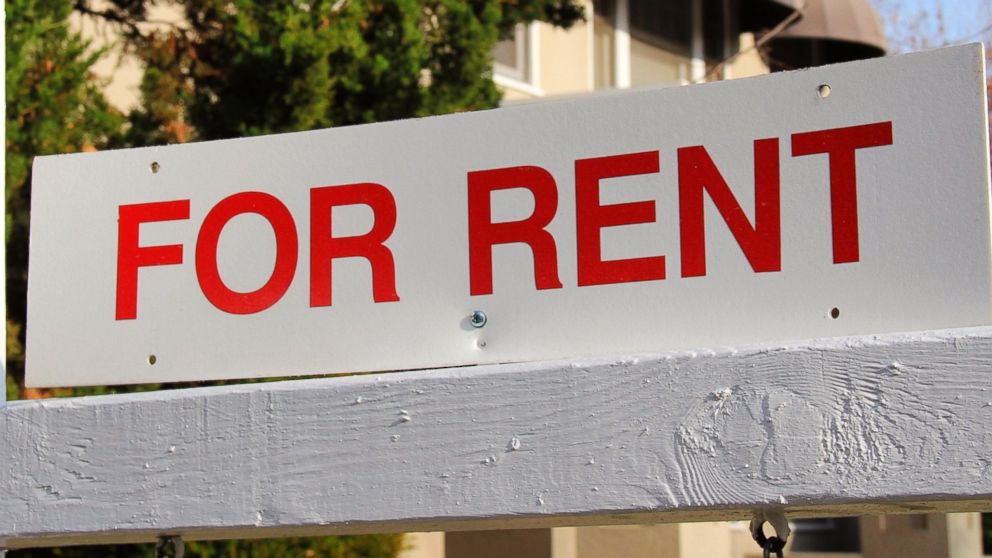5 Mistakes Renters Make
If you're renting a home, be sure you are aware of these common oversights.

— -- intro: When you are looking for your next home, the first question to consider is will you rent or buy? Renting can often be the more affordable, less binding option -- you just need to find the right rental for your lifestyle and budget. Whether you are new to the renting game or a renting lifer, you’ll want to avoid common and costly renter’s errors.
More From Credit.com: How Renting Can Impact Your Credit
quicklist:title: Not Reading the Leasetext: A lease is the contract between renter and landlord that specifies the rights and responsibilities of each party involved in a property. Before you commit yourself to a place, be sure it is going to fit your lifestyle. Read the lease thoroughly. It’s best to bring up any issues you have with the document with the landlord or building management before you sign. Pay attention to any requirements or fees you may be responsible for.
quicklist:title: Not Asking the Right Questionstext: Every rental property and experience is different, so you need to clarify what you are getting into before packing up and moving in. Some of the most important things to ask about are rent, security deposit, utilities, deliveries, neighbor disputes, pet or roommate policies and the lease terms. Be sure you know who is responsible in case any problems and maintenance needs come up. Even if your questions aren’t deal breakers, the answers can help you adequately rank the property among your options.
More From Credit.com: The Little-Known Moving Mistake That Will Cost You Big
quicklist:title: Skipping Renter’s Insurance text: Your management company or landlord likely has insurance to cover any apartment losses in case of fire or other emergency -- but their policy won’t cover your belongings. Renter’s insurance protects you against a financial loss if something happens to your personal property and covers liability if someone is injured in your apartment or home. Some landlords require that their tenants get this insurance, but regardless be sure you read the insurance policy carefully and know how it protects you.
quicklist:title: Not Documenting Damagetext:When you are moving into a rental property, it’s a good idea to take photos or videos documenting the apartment’s condition and note any pre-existing damage. You do not want to be liable for damage that was there before you were, so be sure to get proof of any holes, stains, dings, scratches or issues with appliances. And when you move out, it’s important to make it look just as it did when you moved in so the landlord will not have any reason to withhold your security deposit.
quicklist:title: Forgoing the Proper Researchtext:
When you think you have found the right property, don’t sign on the dotted line before looking into some important factors. First off, you want to make sure the price is right, so find out what nearby renters are paying and what they are getting for their money so you have a comparison point. Also be sure to explore your neighborhood so you know the location is right for you. Apart from the unit itself, you want your surroundings to match your needs as well. The more you know, the better chance you’ll get the right place for you.
More From Credit.com: 4 Ways Roommates Can Wreck Your Credit
Credit checks are often part of the rental application process, so it can be helpful to check your credit ahead of time in case there are any issues you need to address. Pull your credit reports to look for problems to address or errors that need corrected. Often, a landlord will require a minimum credit score, so it's good to know where you stand.




